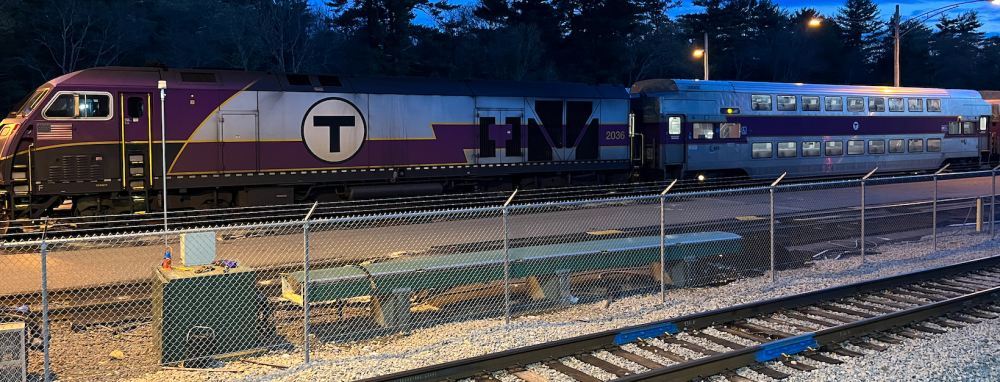Middleboro submits argument against MBTA zoning requirement
MIDDLEBORO — Middleboro has officially joined the fight against state-mandated housing requirements near mass transit stations.
The town has approved a legal argument stating that Middleboro is already home to more affordable housing than the state requires and that the regulation’s financial impact on Middleboro would be significant if forced to add more multi-family housing.
The select board agreed unanimously at its Sept. 9 meeting to approve an amicus brief, informally known as a friend of the court, in support of the Town of Milton. That town is being sued by the state for refusing to submit a plan to meet the required zoning changes.
The state attorney general requires Massachusetts Bay Transit Authority, or MBTA, communities, including Middleboro, to allow multi-family housing developments of at least 15 units per acre by right in a zoning district within a half mile of a transit station. Failure to create such a district could result in loss of certain state funding, the regulation states.
Specifically, Director of Planning and Community Development Leeann Bradley said that non-compliance would mean the town would not be eligible for three major types of grants and 13 discretionary grants.
The friend of the court brief written by attorney Jonathan Murray of KP Law, the town’s legal counsel, argues that the town already exceeds the state’s call for 10 percent of a town’s housing stock be deemed affordable.
Middleboro has “continuously promoted the construction of affordable housing units,’’ the argument reads. Nearly 13 percent of the town’s stock falls under the affordable category, the argument states.
This should be taken into consideration, the argument states. The MBTA housing regulations “do not account for existing zoning efforts to provide additional affordable housing units in a deliberate and responsible manner,’’ the brief reads.
Concerns were also raised about the potential financial burden that the town would bear if more housing were added without restriction.
The school department might need to double its budget to accommodate new students, Murray wrote. A population increase could require the water and sewer department to “make millions of dollars in upgrades,’’ he wrote.
Other town departments, including the Town Clerk and Planning and Community Development Departments, could also need to increase their budgets, according to the argument.
Select Board Chair Mark Germain said he did not want to “go down the rabbit hole’’ of the state mandate at the Sept. 9 meeting but would have more to say in upcoming weeks.
Middleboro residents will weigh in on the issue at Fall Town Meeting on Monday, Oct. 7.
















